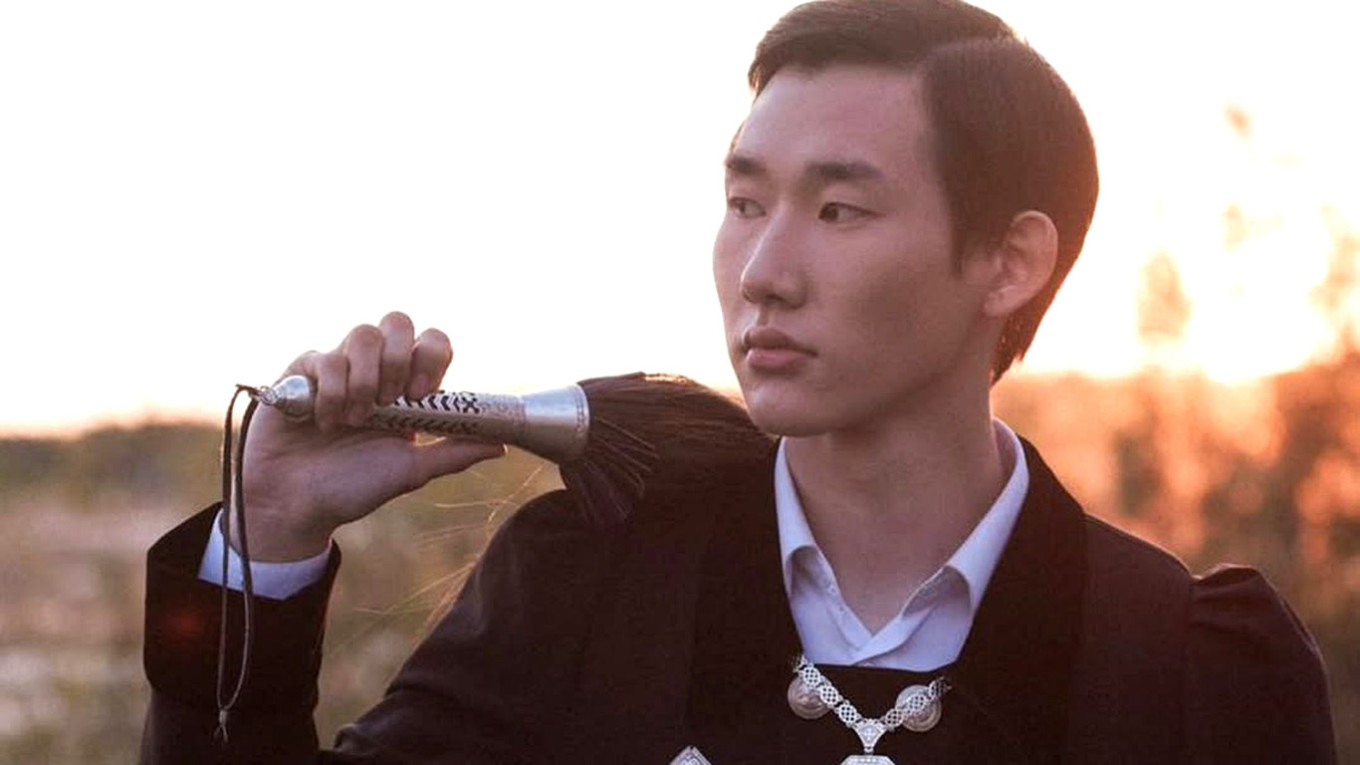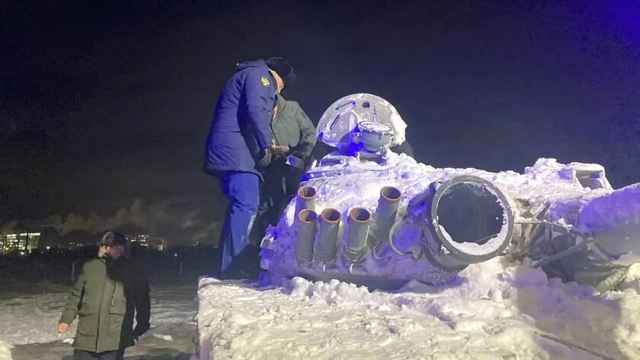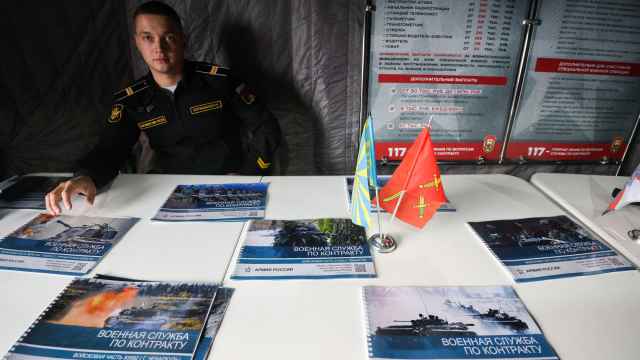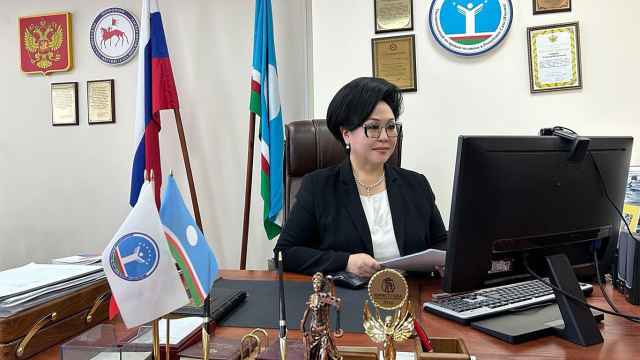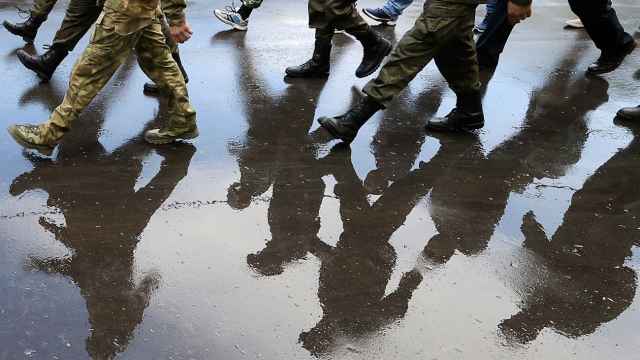“We saw our Aman off to military service in Ussuriysk in June 2024 and never saw him again,” a woman named Inna wrote on Instagram on April 21.
Inna’s 22-year-old nephew, Aman Malyshev, had worked as a model in his native Yakutsk before he went to Ussuriysk, a city in the Far East, to complete the compulsory military training required of all Russian men aged 18-30.
“Today, we were informed that he died in Bryansk,” a region near the border with Ukraine, Inna wrote. “He didn’t sign a contract. He was just about to return [home].”
Within hours, Inna’s post had gone viral in her native republic of Sakha (Yakutia), where the news shook the public.
“Why did this happen?! This is obviously not the only such case!” user super_gelena commented on Inna’s post, tagging the official account of Sakha’s head Aysen Nikolayev.
“No, it’s not the only one. Our nephew was also sent [to the border with Ukraine] — a boy aged just 18. He is now listed as missing in action,” user sannikova121177 replied to super_gelena.
“His parents traveled [to the combat zone], searched for him, tried to get at least some information. All without any results — it’s such chaos there! But we are still hoping for the best and waiting,” added sannikova121177.
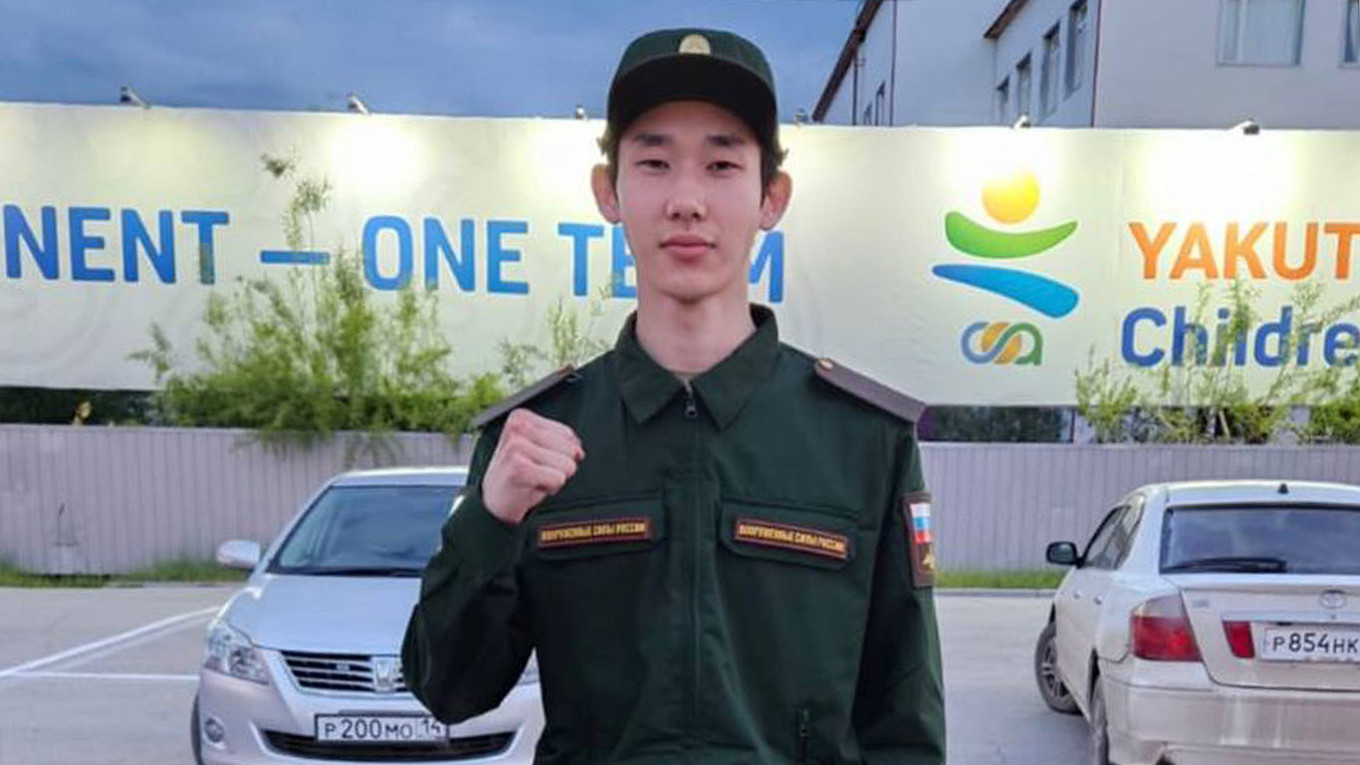
Malyshev is one of at least 173 conscripts killed since Russia’s full-scale invasion of Ukraine despite Moscow’s repeated promises that conscripts would not face direct combat, according to a tally by independent news outlet Vyorstka.
At the start of the invasion, many expected that mothers and wives of soldiers like Malyshev would become a driving force of the country’s anti-war and anti-regime resistance, similar to the campaign against Russia’s war in Chechnya waged by the Committee of Soldiers' Mothers in the 1990s.
Women indeed formed the backbone of the nationwide anti-mobilization rallies of September 2022 — including a 500-person strong gathering in Sakha — as well as subsequent protests demanding the return of mobilized soldiers from the front lines.
Yet their role in undermining the regime and its war narrative has otherwise been marginal. Whether due to their grief or an understanding that publicly criticizing the war would only bring repression, many choose to mourn and voice their grievances against the government behind closed doors.
“Soldiers’ wives and mothers…who do make some kind of a protest are very careful to present it as the protest of a loyal, patriotic group of women,” explained Jenny Mathers, an expert on Russian civil-military relations and lecturer at Aberystwyth University in Wales.
Aman Malyshev’s mother Anna, who according to social media has two other underage sons, appears to be no exception.
“My deep gratitude to all those helping us spread information about our son. But I would like to clarify our position and ask that it be respected,” Anna Malysheva wrote in an Instagram post from April 22.
“I do not want my son’s name to be manipulated, or for our story to be used to discredit the current government or to turn people against the authorities. That is not why we made Aman’s story public,” she went on.
She said she wanted the commander of the military base in Ussuriysk — where her son was sent for his compulsory military service — to be “punished” for sending him to the “counterterrorism operation zone,” using the Kremlin’s term for areas of Ukrainian counterattacks on Russian soil.
She also accused Aman’s platoon commander of “sending her son and his fellow soldiers to their certain death” during a drone attack that hit a car in which he was riding.
“I am convinced that specific individuals on the ground are to blame for our situation, and I want their guilt to be proven and for them to receive fair punishment,” she said.
In a since-deleted Instagram Story seen by The Moscow Times, Anna Malysheva said she had written her original post in response to being approached by “a foreign agent journalist.”
“She's positioning herself as someone who's trying to help the state get to the bottom of this puzzle of who is guilty [for her son’s death],” expert Mathers told The Moscow Times.
Mathers said Malysheva’s actions are largely consistent with those of other women and military families who criticize the state but are careful to differentiate themselves from activist groups like Feminist Anti-War Resistance or other anti-war Russian opposition figures who adamantly oppose Putin’s regime.
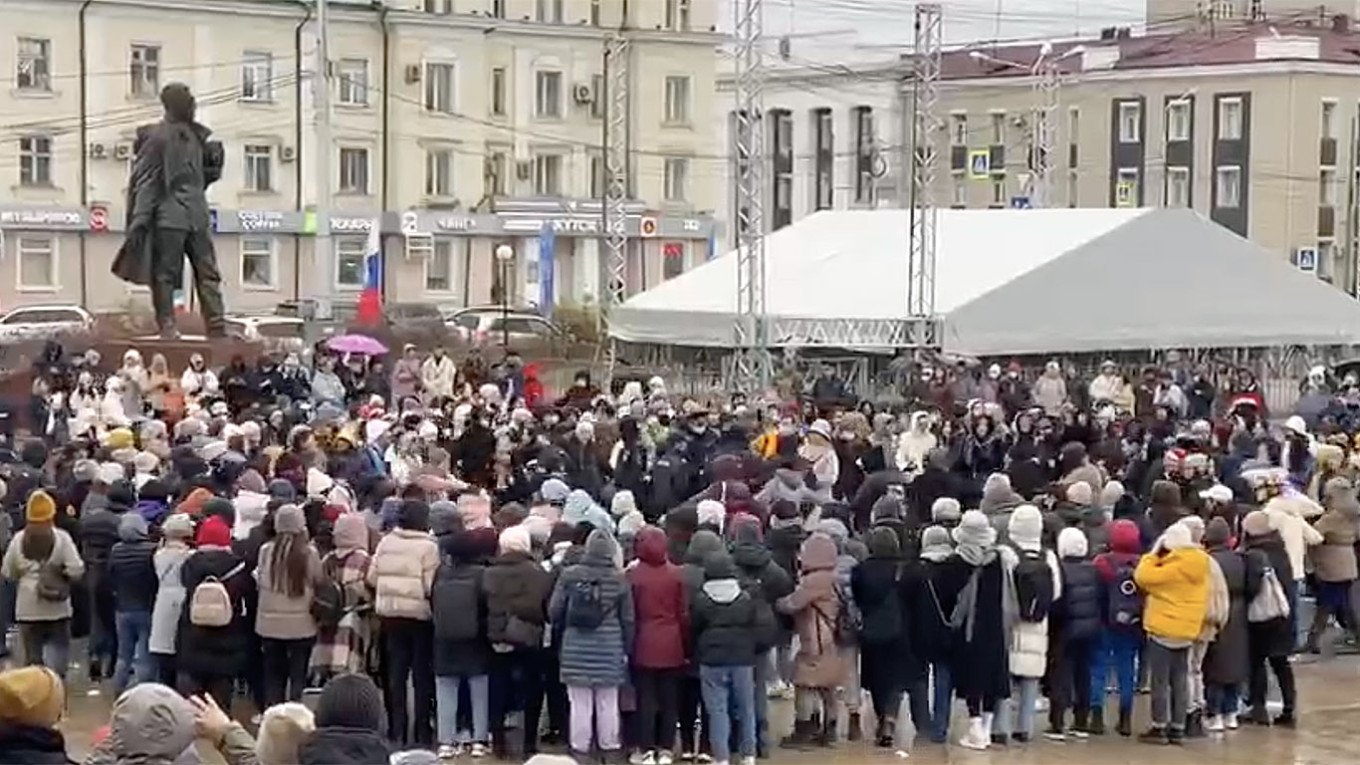
Although this strategy of “patriotic dissent” may seem puzzling to some, Mathers believes that it has proven effective in forcing the state to change its behavior regarding engaging conscripts in active combat.
The relatively modest number of conscripts killed in the war, compared to overall Russian military casualties, is evidence of that.
“I don't think it's going to bring the regime down immediately. But it is a way of holding the state to account … [in] quite a modest way, not a big, dramatic ‘We put thousands of people on the streets and [are] demanding blood’ [way],” said Mathers.
“They're doing something which Navalny also did, but differently — using the state's own laws and the state's own commitments to … hold it accountable,” she added.
Whether this strategy will work in the isolated, but telling case of Aman Malyshev remains to be seen.
More than two weeks after his death, the young conscript’s body was repatriated to his native Yakutsk and buried on May 11.
Sakha authorities have not made any public statements about his passing.
“My condolences. I hope when your younger ones go to the army, this chaos will be over,” user tustuk_uibaan wrote under Anna Malysheva’s post, referring to her fallen son’s two younger brothers.
“It turns out that if one brother dies while serving in the army, others are eligible for draft deferment,” the mother replied.
“Then he saved his younger ones,” commented tustuk_uibaan.
A Message from The Moscow Times:
Dear readers,
We are facing unprecedented challenges. Russia's Prosecutor General's Office has designated The Moscow Times as an "undesirable" organization, criminalizing our work and putting our staff at risk of prosecution. This follows our earlier unjust labeling as a "foreign agent."
These actions are direct attempts to silence independent journalism in Russia. The authorities claim our work "discredits the decisions of the Russian leadership." We see things differently: we strive to provide accurate, unbiased reporting on Russia.
We, the journalists of The Moscow Times, refuse to be silenced. But to continue our work, we need your help.
Your support, no matter how small, makes a world of difference. If you can, please support us monthly starting from just $2. It's quick to set up, and every contribution makes a significant impact.
By supporting The Moscow Times, you're defending open, independent journalism in the face of repression. Thank you for standing with us.
Remind me later.



